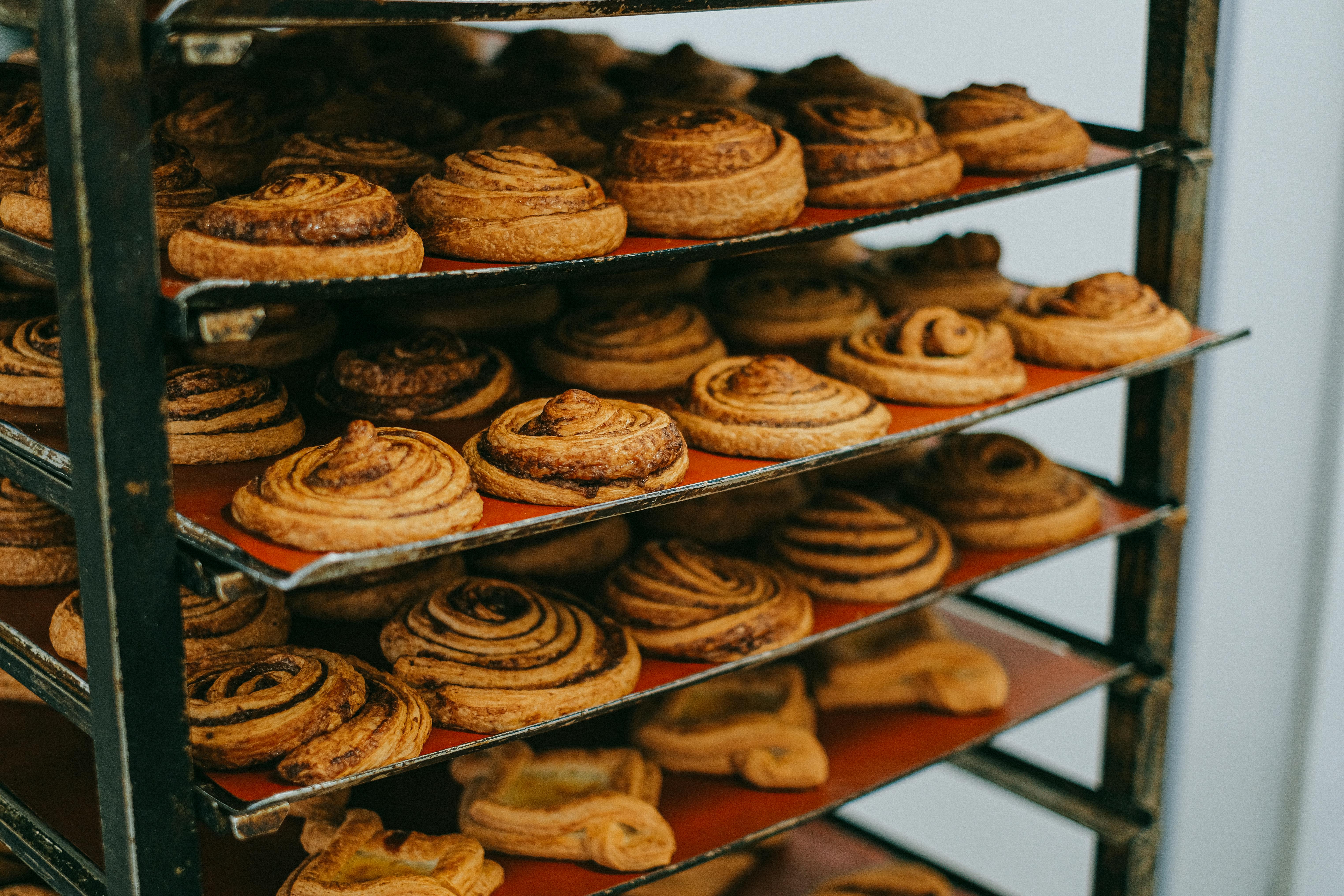As much as one may try to avoid fast foods, today’s fast pace of life makes fast food restaurants an easy and convenient option for take out. Here are some recommendations on some foods and supplements you can use to combat an occasional fast food splurge.
In the mood for fried chicken? Fight Fat with Red Wine Resveratrol
When you eat a high-fat meal like fried chicken or a mayonnaise-laden hamburger, you’re flooding your system with triglycerides and slowing down circulation. Eating foods rich in resveratrol, such as red grapes or red wine, might help prevent some of the negative effects. Resveratrol prevents the formation of bad cholesterol and can be obtained in supplement form without the calories and sugar of red wine or grapes. Additionally, coenzyme Q10, a coenzyme that exists naturally in our bodies, can help prevent the oxidation of bad cholesterol, which is the cause of artery-blocking plaque, also known as atherosclerosis.
Fight Nitrates in Hot Dogs and Pepperoni
Do you enjoy your hot dog with sauerkraut? Well, you could apply yourself a little more next time. Researchers have identified compounds in the sour topping, made from fermented cabbage, that may fight cancer. In animal studies, the compounds appear to prevent cancer growth, particularly in the breast, colon, lung, and liver. Hot dogs contain nitrites, which are used as a preservative. During the cooking process, nitrites combine with amines naturally present in meat to form carcinogenic N-nitroso compounds. These compounds are known carcinogens and have been associated with cancer of the oral cavity, urinary bladder, esophagus, stomach, and brain.
Deserve salty pretzels and potato chips? Add some dark chocolate!
Salty foods are high in sodium, which can raise your blood pressure almost immediately. A few squares of dark chocolate (60% cocoa or more) can help lower blood pressure in as little as two hours. Dark chocolate is rich in a type of antioxidant bioflavonoid called flavanols that help maintain healthy blood flow and blood pressure. The heart-healthy flavanols in cocoa, especially epicatechins, prevent fatty substances in your bloodstream from oxidizing and then clogging your arteries. Flavanols help make blood platelets less likely to stick together and cause blood clots, heart attacks, and strokes.
Load up carbs? Antioxidant herbs and vegetables to the rescue!
When carbohydrate-rich foods like pizza, rice, or pasta are heated above 250 degrees, they release harmful chemicals that have been linked to an increased risk of cancer and heart disease. High carbohydrate intake can also cause a rise in blood sugar levels. To reduce these harmful effects, add antioxidant-rich fresh herbs to your carbohydrate-based meal, such as rosemary, oregano, parsley, basil, sage, thyme, marjoram, tarragon, mint, oregano, savory, and dill. Best of all, these herbs are common seasonings for these dishes and complement them quite well. Some antioxidant-rich vegetables that often accompany these meals include artichokes, cabbage, broccoli, asparagus, olives, and spinach. A tablespoon of vinegar on your salad can also help slow digestion and help prevent the spikes and troughs in glucose that can lead to overeating.
Double cheeseburger in your future? Defend yourself with fruits and supplements
Eating a high-fat fast-food burger can trigger a host of cell-damaging free radicals. Free radical damage within cells has been linked to a variety of disorders including cancer, arthritis, atherosclerosis, Alzheimer’s disease, and diabetes. Antioxidant fruits like berries, cherries, citrus, and kiwi provide the system with antioxidants to fight damage. However, dietary supplements tend to provide higher concentrations of the best antioxidant compounds, such as vitamin C, resveratrol, melatonin, and glutathione.
